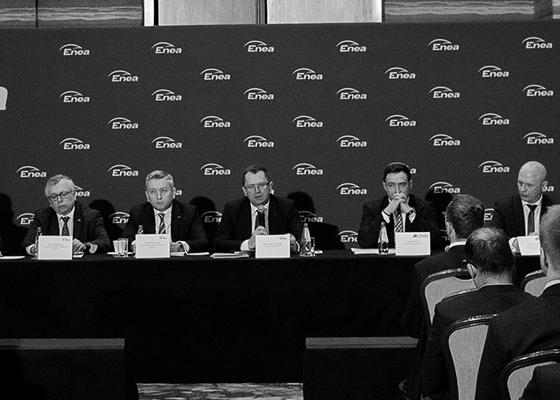Decarbonisation:
- Based on the WP regulations, in the long term, i.e. by 2050, the EU plans to transition to a zero-carbon economy – for this purpose, the so-called Energy Road Map for the EU by 2050 is being developed.
Intensive development of renewable energy sources (amendment of the RES Directive, i.e. RED II):
- On 14 June 2018, a memorandum of understanding on long-negotiated provisions was agreed. With regard to the overall binding target for the share of RES in 2030, a 32% target was set with no binding national targets. In addition, a revision of the 2023 target was agreed.
- In the context of state aid, the conditions for eligibility of biomass-fired power plants for financial support were specified. In the case of installations from 50 to 100 MW, the support was made dependent on the fulfilment of efficiency levels in accordance with the reference document BAT LCP (Best Available Techniques). For units with capacity above 100 MW, at least 36% electricity efficiency is required.
- For the transport sector, the RES target for 2030 was set at 14% and by this year the elimination of the use of palm oil was agreed.
Increasing energy efficiency, with a binding EU target of 35% by 2030 – the draft Energy Efficiency Directive, related to support (transformation, modernisation) in the area of heating and cooling:
- On 20 June 2018, negotiations on the final form of the legislation finished with an increase in the non-binding pan-European energy efficiency target of 32.5% compared to the 2007 energy consumption forecasts.
- For the annual savings of energy sold to end users, the target of 0.80% was set.
Development of and support for electromobility in the EU, primarily in public transport (draft regulations constituting the so-called Clean Mobility Package, published by the European Commission in November 2017);
Draft design of a Single Electricity Market (SEM) – a new energy legal framework for the European Union introduced by the draft;
Energy Union Management System (EU Governance) – a regulation, the wording of which was agreed on 20 June 2018, regulates, among others:
- Obligation for each Member State to notify, by the end of 2018, a draft of the first National Integrated Energy and Climate Plan (“NIECP”) for the period 2021 to 2030 - inter alia, the Member State's declared share of RES.
- Obligation of Member States to evenly spread the growth of RES over 10 years (development trajectory – reaching reference points – 18% of the required growth will be achieved in 2022, 43% in 2025, and 65% in 2027).
- Lack of clearly defined means of enforcing the objectives from the Member States in the event of failure to meet the set objectives – issuance of non-compulsory recommendations of the European Commission.
Mandatory development of grid infrastructure (cross-border interconnections); with the target of establishing the EU DSO Entity, new powers and competences of ACER and ENTSO-E at EU level.




